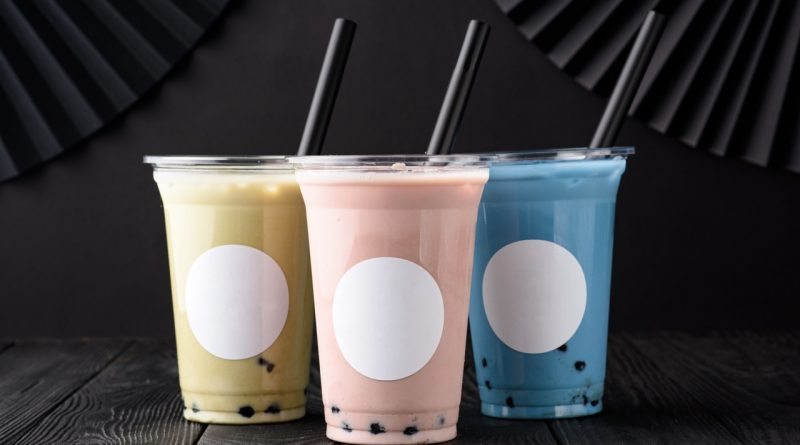How Lollicup Fits Into The Circular Economy
In an era where sustainability is more than just a buzzword, companies are increasingly seeking ways to align their operations with the principles of the circular economy. Lollicup, a leader in the beverage and food service industry, exemplifies this commitment through innovative practices that emphasize waste reduction and resource efficiency. This article explores how Lollicup integrates sustainable practices within the circular economy framework, setting a benchmark for others in the industry.
Embracing Sustainability: Lollicup’s Role in the Circular Economy
Lollicup has taken significant strides to align its business practices with the circular economy model, which emphasizes minimizing waste and maximizing resource use. By investing in sustainable materials and eco-friendly production processes, Lollicup is not just reducing its carbon footprint but also redefining how disposable products can fit into a more sustainable future. Their products, made from biodegradable and compostable materials, reflect a commitment to environmentally responsible sourcing, ensuring that the lifecycle of their products is as sustainable as possible.
One of the key pillars of Lollicup’s approach is its emphasis on recyclability. The company actively collaborates with local recycling programs to ensure that its products can be effectively processed after use. This creates a closed-loop system where materials are continuously repurposed rather than ending up in landfills. By educating consumers about proper disposal methods and providing clear labeling on their products, Lollicup empowers customers to make informed decisions that align with sustainability goals.
Moreover, Lollicup’s dedication to the circular economy isn’t limited to product development. The company also engages in partnerships with organizations focused on environmental stewardship, reinforcing its commitment to sustainability. These collaborations often involve community outreach, raising awareness about the importance of reducing waste, and promoting sustainable practices at every level—from production to consumption.
Innovative Practices: Reducing Waste with Lollicup Solutions
Lollicup is continuously innovating to enhance its sustainability initiatives, focusing on reducing waste throughout its supply chain. From the sourcing of raw materials to the end user, every step is optimized to minimize environmental impact. For instance, the company’s use of plant-based materials not only reduces reliance on fossil fuels but also ensures that products are biodegradable, leading to less pollution and a lower carbon footprint. This innovative approach is crucial in transitioning toward a circular economy.
The company has also embraced technology to streamline its operations and reduce waste. By utilizing data analytics and advanced forecasting tools, Lollicup can better manage inventory levels, reducing overproduction and waste. These practices not only increase efficiency but also ensure that resources are allocated in a manner that aligns with sustainable consumption patterns. This proactive approach to resource management demonstrates how Lollicup is not just reacting to sustainability demands but actively shaping a new industry standard.
Additionally, Lollicup’s commitment to waste reduction extends to its logistics and packaging. By optimizing shipping methods and utilizing minimal yet effective packaging solutions, the company reduces material waste while ensuring that products remain protected during transit. This holistic approach emphasizes that sustainability is not just about the final product but also involves every aspect of the supply chain.
Lollicup’s integration of circular economy principles into its operations serves as a compelling example of how businesses can adopt sustainable practices while remaining competitive. By focusing on reducing waste, improving resource efficiency, and engaging in community outreach, Lollicup not only enhances its own sustainability profile but also encourages others in the industry to follow suit. As the circular economy continues to gain traction, Lollicup stands out as a pioneer, illustrating that sustainability can go hand in hand with business success.
